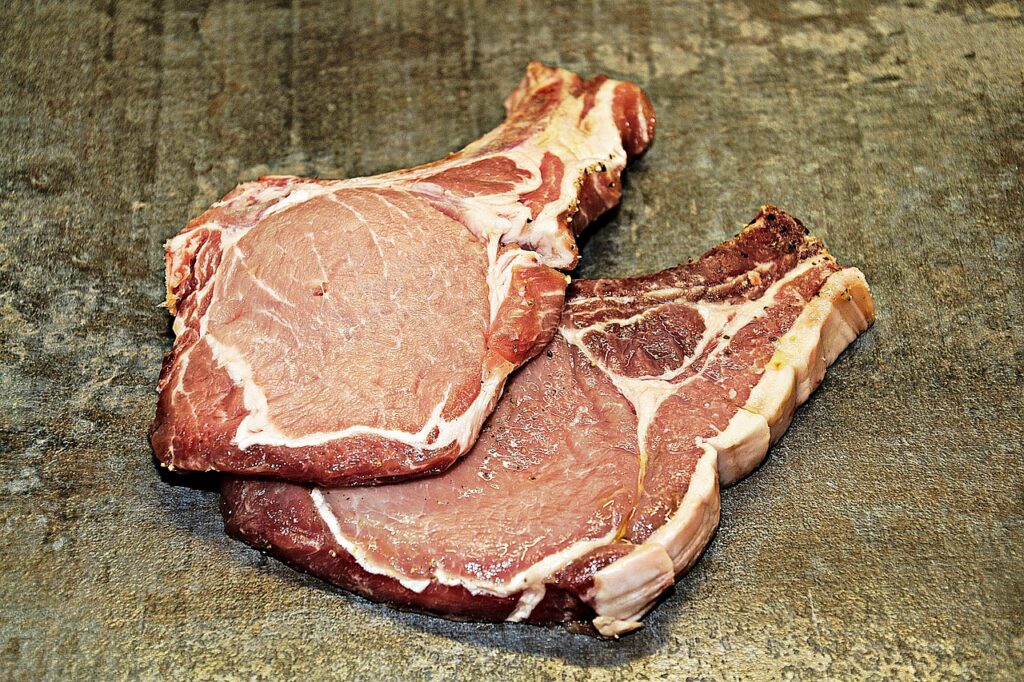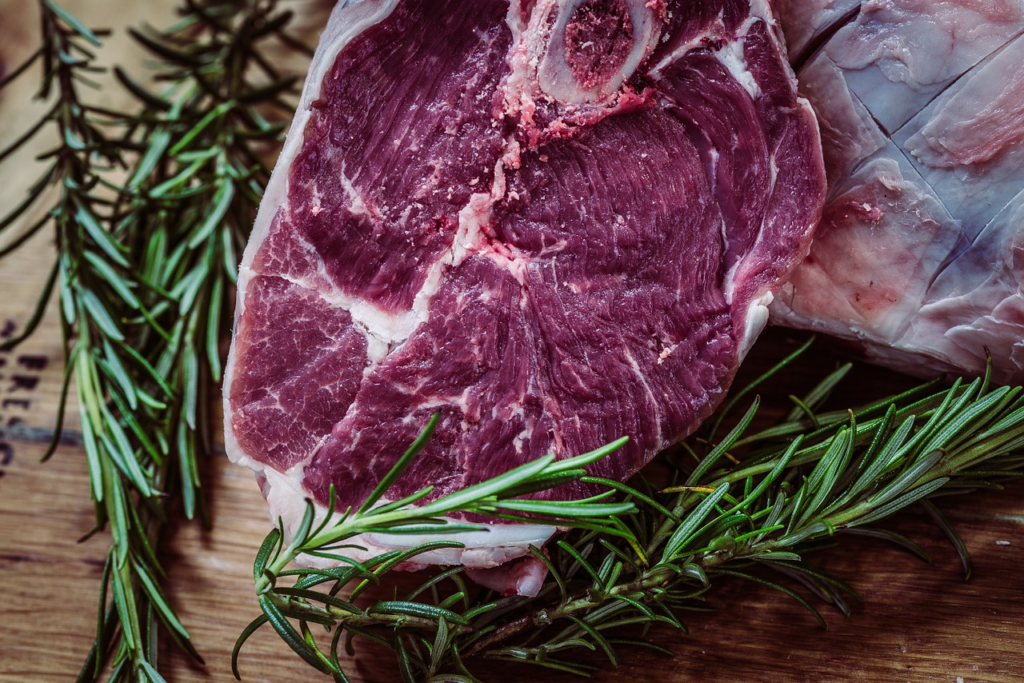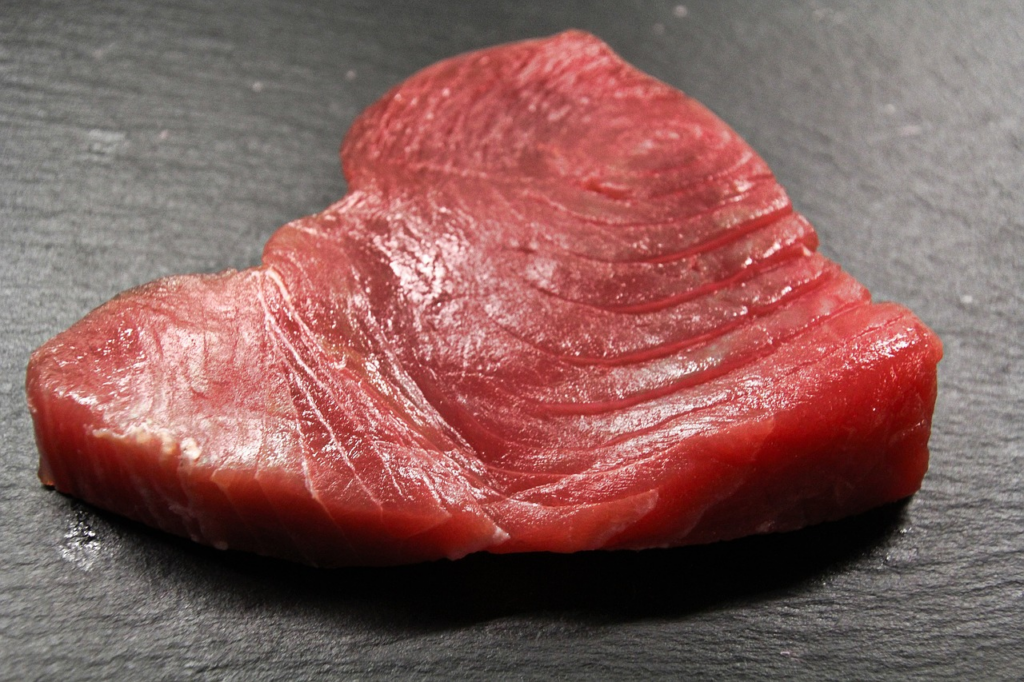Meat has been a major part of our diet for generations. In addition to the macronutrients such as protein and fat, meat contains micronutrients like vitamins and minerals. These vitamins and minerals have important complex roles in the body and have a wide variety of effects. Iron, for example, is needed to carry oxygen from your lungs to various body tissues. Adopting a carnivore diet can go a long way in helping your body get all the essential vitamins and minerals. If you’re not so sure how you’re doing with this diet journey, check Carnivore Style.
Here are 5 important vitamins we get from meat:
Vitamin B12 (Cobalmin)
Sources of Vitamin B12: Meat, Fish, Milk, Cheese, Eggs.
Vitamin B12, also known as cobalamin, is an essential vitamin found naturally in animal products. Research from https://pubmed.ncbi.nlm.nih.gov/ shows, an estimated 6% of people in the US and the UK aged 60 or older have a vitamin B12 deficiency, while about 20% have low to normal or borderline deficient levels. Vitamin B12 has many roles in your body. It supports the normal function of your nerve cells and is needed for red blood cell formation and DNA synthesis. Vitamin B12 can aid in fighting anxiety as it helps in maintaining healthy brain functioning.

Benefits of Vitamin B12:
- Helps with Red Blood Cell formation and anaemia prevention.
- Supports bone health and prevents Osteoporosis.
- Benefits your brain by preventing the loss of neurons.
- Gives you an energy boost.
- Supports healthy hair, skin, and nails.
Vitamin B1 (Thiamine)
Source of Vitamin B1: Lean Pork Chops, Broiled Pork Tenderloin, Emu Steak, Beef And Chicken Polish Sausage, and Fish. You can find more about this on Jeeerks.
Vitamin B1 or thiamine enables the body to use carbohydrates as energy. It plays a key role in nerve, muscle, heart function and regulating the metabolic reactions necessary to produce energy, particularly from carbohydrates. In short, we can say that Thiamine is an essential nutrient that all tissues of the body need to function properly. Vitamin B1 deficiency can lead to two major health problems: beriberi and Wernicke-Korsakoff syndrome. However, thiamine deficiency is not common.

Benefits of Vitamin B1:
- Boosts energy production.
- Prevents kidney and circulation problems.
- Good for diabetes.
- Minimizes the risk of heart disease.
Vitamin B2 (Riboflavin)
Source of Vitamin B2: Liver and brewer’s yeast are the best food sources of Vitamin B2. Meats, poultry, milk, yogurt, and cheese are also good sources.
Vitamin B2 enables the body to break down proteins, fats, and carbohydrates. Its main role is maintaining the body’s energy supply. Chemically, Riboflavin helps convert carbohydrates into adenosine triphosphate (ATP). The human body produces adenosine triphosphate (ATP) from food, and ATP produces energy as the body requires it. The compound ATP is vital for storing energy in muscles. Deficiency in Vitamin B2 causes inflammations, ulcers, iron-deficiency anaemia, and scrotal dermatitis. People who drink excessive amounts of alcohol are at greater risk of vitamin B deficiency.

Benefits of Vitamin B2:
- In keeping the eyes, nerves, muscles, and skin healthy.
- Preventing the development of cataracts.
- Maintaining a healthy liver.
- Maintaining the mucous membranes in the digestive system.
- Treats different types of headaches and migraines.
Vitamin B6 (Pyridoxine)
Source of vitamin B6: Beef, Pork, Poultry, and Fish.
Vitamin B6, or pyridoxine, is a vitamin that links with our nervous system and metabolism. Vitamin B6 helps in converting food into energy and neurotransmitters such as serotonin and dopamine. Vitamin B6 is also important for proper cell function. They help with metabolism, creating blood cells, and keeping cells healthy. The body does not store vitamin B6 and releases excess urine, so people need to get enough vitamin B6 every day. If you are a red meat lover, then there are many benefits of red meat as it is a source of essential minerals and vitamins, including Vitamin B6. Know more details here.
Vitamin B6 deficiency includes skin rashes, cracked lip corners, a glossy tongue, mood changes, impaired immune function, tiredness, nerve pain, seizures, and elevated homocysteine levels.

Benefits of Vitamin B6:
- improves immune system function
- creates hemoglobin, which is part of red blood cells that carries oxygen
- improves brain functions
- helps controls levels of amino acid homocysteine in the blood
- reduces susceptibility to heart disease and stroke
Vitamin B3 (Niacin)
Sources of Vitamin B3: sea fishes like tuna, salmon, mackerel, trout, and sardines; eggs, chicken, and other animal meat.
Vitamin B3 or niacin helps convert food into energy by aiding enzymes. Niacin is naturally present in many foods. All tissues in the body convert absorbed niacin into its main metabolically active form, the coenzyme nicotinamide adenine dinucleotide (NAD). The three forms of the B3 vitamins are niacin (nicotinic acid), nicotinamide (niacinamide), and nicotinamide riboside. These three forms of vitamin B3 are converted within the body to synthesize Nicotinamide Adenine Dinucleotide (NAD). NADP and NADPH work as electron carriers, essential for the processing of complex molecules in the food to simpler substances and for oxidative respiration of cells.
The most common deficiency due to lack of vitamin B3 is pellagra which shows visible symptoms like diarrhea, inflammation of the mouth and tongue, dermatitis, hyper-pigmentation, and digestive disturbances.

Benefits of Vitamin B3:
- Boosts levels of good HDL cholesterol.
- Healthy functioning of the neural system.
- Good for skin and hair.
- Prevents cardiac ailments and promotes heart health.
These are water-soluble vitamins that our body cannot produce by itself. These vitamins are essential for our body to function at an optimum level. A carnivore diet can be a good choice to get these vitamins as all these vitamins are primarily present in meat products.
